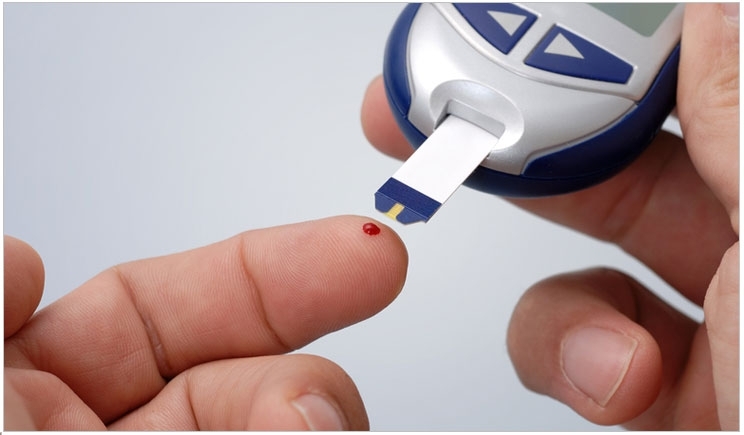
The 15 international specialists who gathered at the Perio-Diabetes Workshop in Madrid on February 19 and February 20 came to a consensus on the links between periodontitis and diabetes. During the workshop, organized by the European Federation of Periodontology and the International Diabetes Federation in partnership with Sunstar, these experts also developed guidelines for education for dentists, physicians, and patients.
“This was a unique opportunity for experts in diabetes to work closely with expert dentists, who are dedicated to the care of people with diabetes,” said Antonio Ceriello, MD, head of the Diabetes Project at IRCCS MultiMedica in Milan and co-chair of the workshop. “Periodontal problems in diabetes are still neglected. I am confident that this workshop will be the first step of a very fruitful collaboration aiming to improve the quality of life of people with diabetes.”
The evidence that the specialists examined suggests that periodontitis patients have a higher chance of developing pre-diabetes and Type 2 diabetes and that people with periodontitis and diabetes have more difficulty in keeping their blood-sugar levels under control. Furthermore, the specialists concluded, patients with both diseases are more likely to develop diabetic complications than people with diabetes without periodontitis.
Current evidence indicates that in people with diabetes, periodontal therapy accompanied by effective self-performed oral hygiene at home is both safe and effective, even in people with poorly controlled diabetes. Similarly, there is consistent evidence that periodontal therapy reduces blood-sugar levels in people with diabetes and periodontitis.
The guidelines drafted during the workshop include providing oral health education to all patients with diabetes and informing them that they have a greater risk of periodontal disease that, if left untreated, could have a negative impact on metabolic control and may also increase the risk of complications including cardiovascular and kidney disease. Patients also should be advised that successful periodontal therapy can have a positive impact on metabolic control and complications.
“These guidelines will provide clear instructions to both dentists and physicians, as well as patients, on the appropriate management of both diabetes and periodontitis, which very frequently coexist and have such important health implications,” said Mariano Sanz, MD, DDS, professor and chair of periodontology at the Complutense University of Madrid and joint chair of the workshop.
Related Articles
PeriRx Investigates Salivary Tests for Diabetes











